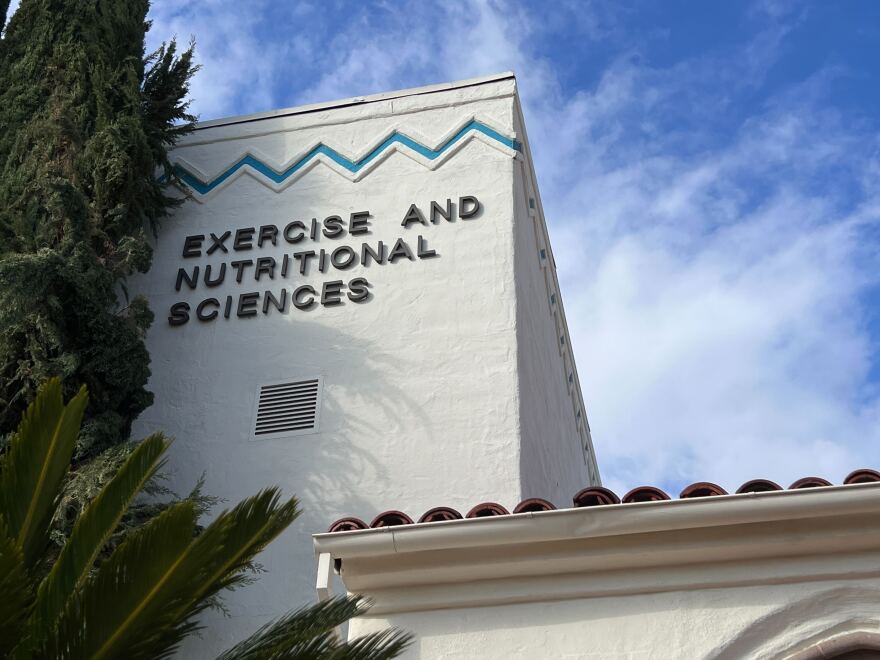San Diego State University closed its Exercise and Nutritional Sciences building Monday as it investigates a reported case of the deadly Legionnaires' Disease in a "campus community member."
Symptoms of the disease — also known as Legionella pneumonia — include cough, fever, shortness of breath, muscle aches and headaches, and the disease can be carried in water systems.
The university's Environmental Health and Safety team was working with the county's Health & Human Services Agency to investigate the case and try to learn how it was contracted.

“While (Legionnaires Disease) can be treated with antibiotics, the fatality rate unfortunately can be as high as 25% in those people who are vulnerable and there is no vaccine,” said Dr. Cameron Kaiser, San Diego County Deputy Public Health Officer.
“But fortunately the good news is most people will never get infected even if they’re exposed,” he added. "Usual onset of illness for Legionnaires' disease is about two to 10 days after you breathe in contaminated mist."
Kaiser said the county's Health & Human Services Agency is working with the university to test and evaluate the building. He said he could not comment on what made the university shut down that building.
"We can't say at this point if the SDSU building is involved in this particular case. But we always want to make sure that when we’re dealing with a large air conditioning system, it can be a great way to infect a lot of people at once," he said.
According to the university, the patient is away from campus and recovering. All students, faculty, staff and visitors are being told to avoid the building until testing is completed and it is cleared for reentry.
Most students KPBS spoke with had no idea what Legionnaires' Disease was. The ones who did, like Ana Claudia Uribe, did not know there was a case on campus.
"Communication is very important, on their part, because they don't talk to us about a lot of things that could have underlying health conditions for us in the future," Uribe said.
But a few, like Patrick Harris Ritter, felt confident the university had everything under control.
"This is a serious issue but I do trust that the SDSU health department is doing their utmost to protect me and all these students on campus," Ritter said.
Students were urged to contact instructors with questions regarding courses held in the building, to find out whether the class is canceled or being moved to online this week.
-
The military is now allowing troops to serve even if they don't get vaccinated for COVID-19. But how does that impact troops who were discharged for refusing to get the shots before?
-
The earthquake that hit the Middle East Monday is creating a humanitarian crisis in northwest Syria, an area already struggling from a decade-long civil war.






